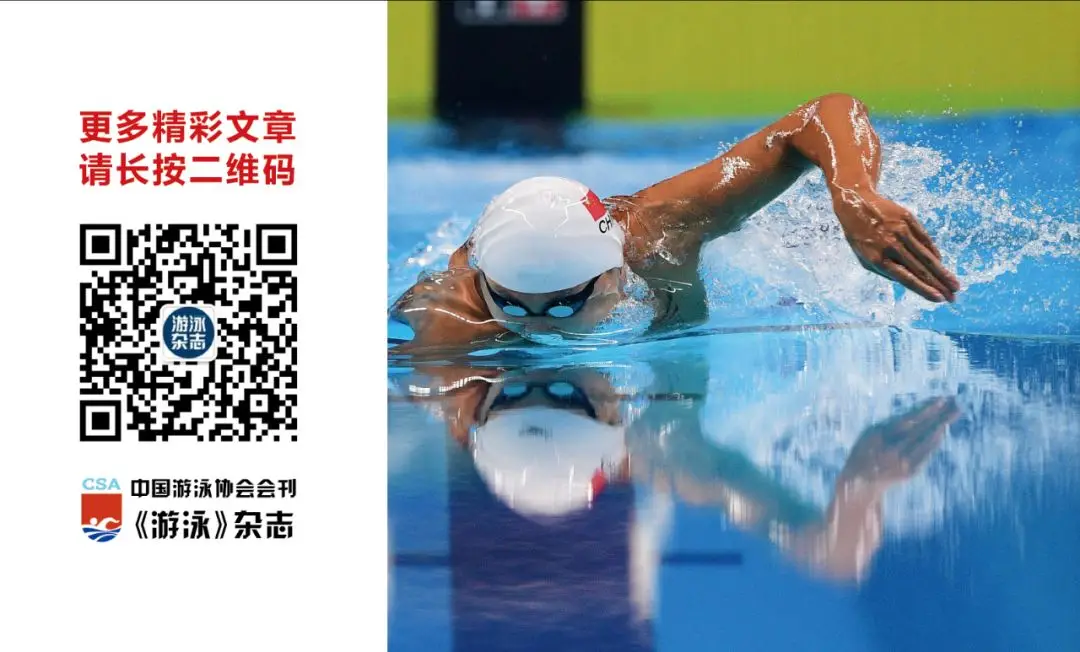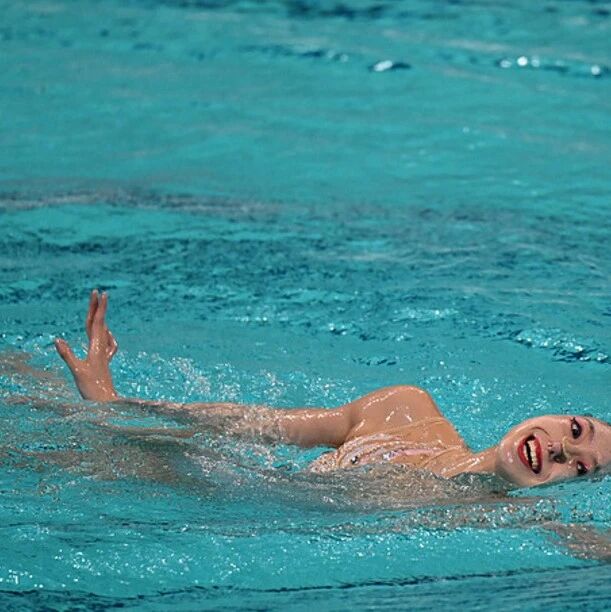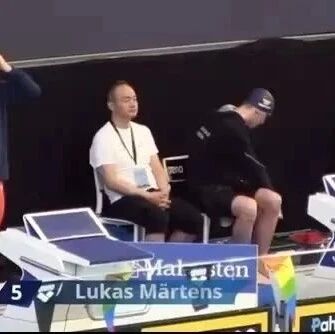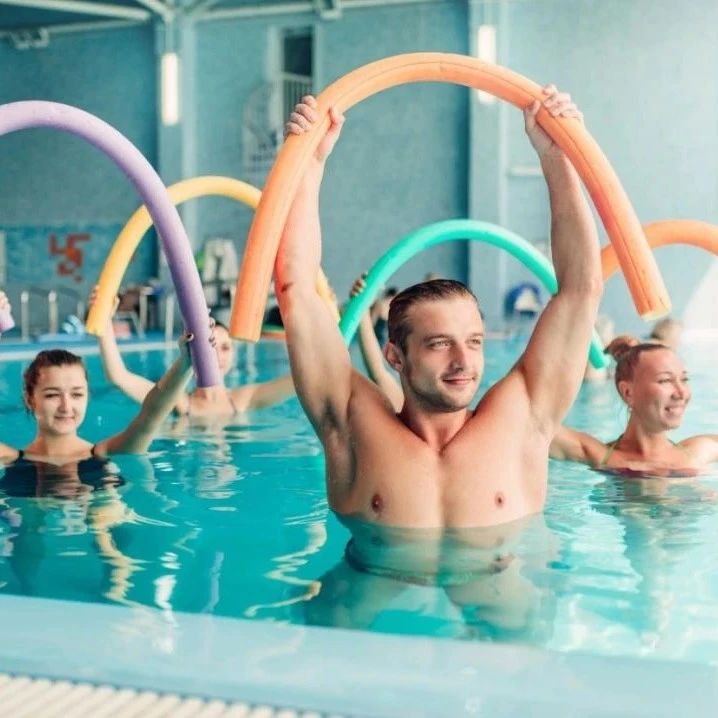What's wrong with the Japanese team?
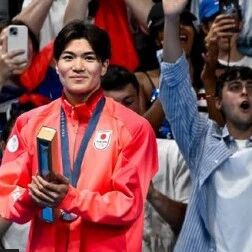
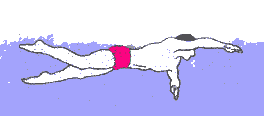

Three years ago, as the host nation of the Tokyo Olympics, Japan won just three medals in swimming—highlighted by Yui Ohashi’s double gold in the women’s individual medley and Tomoru Honda’s silver in the 200m butterfly. Yet overall, the team’s performance, especially considering they were competing on home soil, fell far short of expectations.
For some reason, the results at the 2024 Paris Olympics were even worse—swimming alone handed out a total of 105 medals, yet Japan managed to claim just one of them. It was a dismal performance, though Japan’s swimming team narrowly avoided a "complete shutdown" thanks to Chizuru Matsushita’s hard-fought silver medal in the 400-meter individual medley. To underscore Japan’s struggles in the French capital, consider this: only seven male athletes and three female competitors advanced to the individual finals.
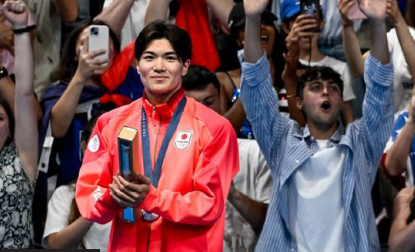
Staying in the same place.
In fact, the Japanese team’s performance at the most recent Olympics was far from satisfactory. While fans had hoped for a stronger showing and more than just one medal, the team has instead remained stuck in place—leaving countries like France, Italy, Canada, and others surging ahead.
Honda Toma was the most disappointing athlete in this competition. As a three-time World Championship medalist—including a gold he won earlier this year in Doha—fans had high hopes that he would contend for a podium finish at the Paris Olympics. However, the 22-year-old admitted that he finished 22nd in the heats and failed to advance to the semifinals, attributing his underperformance to nerves. Honda’s time of 1:57.30 was nearly four seconds slower than his personal best.
Veteran Katsuhiro Matsumoto failed to perform at his usual level in the 200m freestyle final, finishing eighth with a time of 1:46.26—the only athlete in the competition who couldn’t break the 1:46 barrier.
Meanwhile, Yui Ohashi missed her chance to defend her two Olympic titles. She failed to qualify for the Paris Olympics in the 400-meter individual medley and finished 12th in the semifinals of the 200-meter individual medley, also missing out on the final.
The Japanese team now stands at a critical crossroads. Their performance in the past two Olympic Games has been their worst this century, falling far short of the 11 medals they won at the 2012 London Olympics. Japan today feels more like an armory that no longer produces cutting-edge weapons—gone are the days when Kosuke Kitajima dominated the breaststroke or Ryo Tateishi delivered consistent brilliance in backstroke.
It remains a big question whether the Japanese team can turn around this difficult situation. Typically, host nations enjoy a more confident and spirited momentum compared to athletes from other countries during the Olympics—and this momentum often carries over into future competitions. In Paris, we already saw exactly that with Team France, led by Léon Marchand; they’ll undoubtedly bring this positive energy with them to the next Olympic Games as well.
In stark contrast, the Japanese team delivered a dismal performance during their home-hosted event and subsequently veered even further off course in the following Olympics.
The positive side...
For the Japanese team, a bright spot at the Paris Olympics was Chihiro Matsushita’s successful podium finish in the 400-meter individual medley. While Marchand powered through to claim his first of four Olympic individual golds, Matsushita put up a valiant fight in the silver-medal race, narrowly defeating American swimmer Carson Foster with a time of 4:08.62, just ahead of Foster’s 4:08.66.
Just turned 19, Matsushita is the gold medalist from the 2023 World Junior Championships. Clearly, he has what it takes to carry on Japan’s strong tradition in medley swimming, picking up where Kosuke Hagino and Daiya Seto left off. Meanwhile, Mizuki Hirai finished seventh in the Olympic 100m butterfly—despite being only 17 years old, she too boasts a bright future ahead.
But the key for the Japanese team is to identify complementary talents. Otherwise, the Land of the Rising Sun will continue to decline.
P.S. Japan's Olympic Medals (Since 2000)
2024 - 1
2020 - 3
2016 - 7
2012 - 11
2008 - 5
2004 - 8
2000 – 4
This article originally appeared in the 6th issue of "Swimming" magazine, 2024 (featured report: "Looking Back at the 2024 Paris Olympics"). To read the full story, head over to our online store to subscribe.
Focusing wholeheartedly on their core responsibilities, the sports community firmly says no to the chaos of "fan circles."
Pan Zhanle named 2024 Pacific Rim Male Swimmer of the Year
The swimming team discusses their New Year goals: Pan Zhanle emphasizes "focus on doing your best," while Wang Shun vows to give his all at the National Games.
Subscribe to Swimming Magazine—right here!👇

